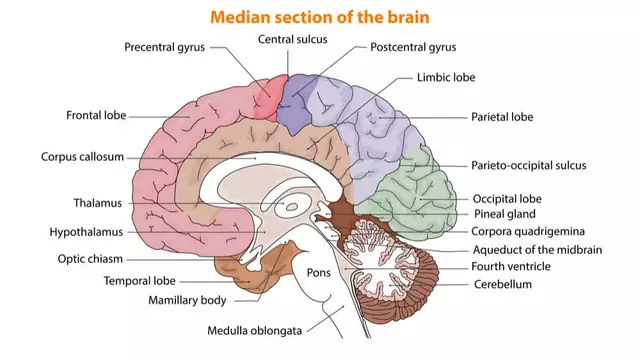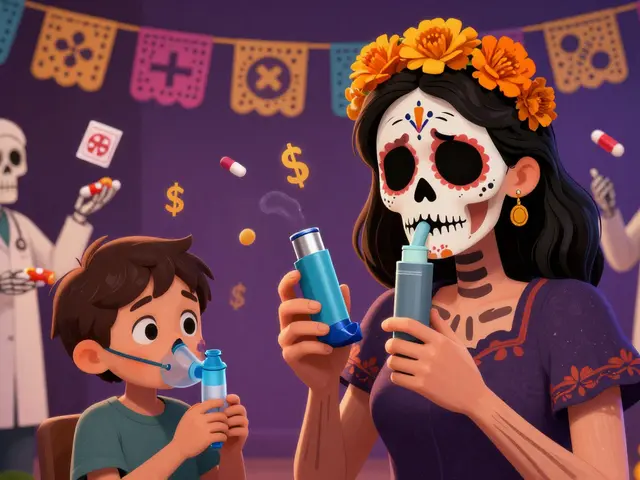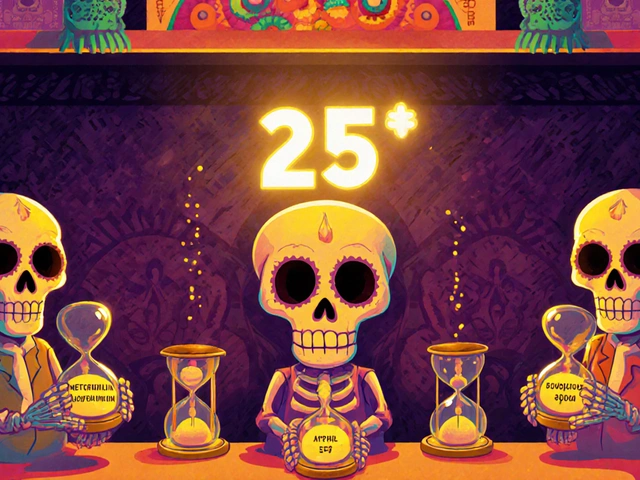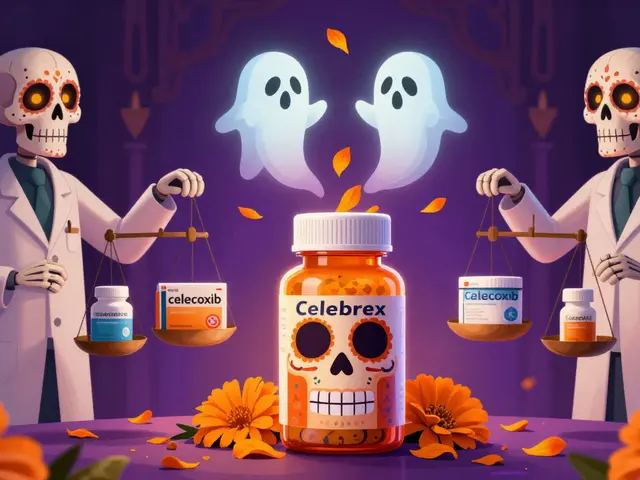Boost Libido: Practical Steps to Increase Sex Drive Fast
Low libido can feel personal, but for most people it’s a fixable mix of habits, health, and communication. This page gives clear, practical steps you can try today and explains when a doctor or therapist should get involved.
Quick lifestyle fixes that actually work
Sleep first: aim for 7–8 hours. Poor sleep lowers testosterone and kills desire. Make a consistent bedtime, cut screens 30 minutes before sleep, and keep the room cool and dark.
Move your body: both cardio and resistance training help. Lifting boosts testosterone and confidence; regular cardio improves blood flow, which matters for arousal and performance.
Watch alcohol and stimulants: a drink or two might relax you, but heavy drinking and frequent partying blunt libido and make erections harder to get. Cut back for a few weeks and compare.
Eat for sex: prioritize whole foods, healthy fats (avocado, olive oil), lean protein, and zinc-rich foods like oysters or pumpkin seeds. Avoid crash diets that sap energy and hormone balance.
Manage stress: chronic stress raises cortisol, which competes with sex hormones. Try short daily routines—breathing, a 10-minute walk, or a sleep-friendly evening routine—that lower stress without much effort.
Medical issues, meds, and safe options
If lifestyle changes don’t help, check medical causes: low testosterone, thyroid problems, diabetes, and depression can all reduce libido. A simple blood test can point to hormonal causes.
Review your medications. Many common drugs—SSRIs, some blood pressure medicines, and others—can lower sex drive. Don’t stop meds yourself; ask your prescriber about alternatives or dose changes.
For erectile problems, proven medicines exist: PDE5 inhibitors like sildenafil (Viagra) and tadalafil (Cialis) help blood flow. Some combo products like Silvitra are marketed for faster results; always use these under doctor guidance and avoid mixing with nitrates or certain heart meds.
For premature ejaculation, short-acting meds like dapoxetine (Priligy) or behavioral techniques can help. Our guides on alternatives explain options and safety concerns.
Be careful buying meds online. Use licensed pharmacies and require a prescription. Fake or incorrectly dosed pills are common and risky.
Therapy and communication matter. Relationship issues, anxiety about performance, or past trauma often need a therapist or sex counselor. Simple communication exercises—talking about likes, scheduling intimate time, slow foreplay—change pressure into connection.
Supplements? Some people try L-arginine, maca, or ginseng. Evidence is mixed and products aren’t well regulated. Always check interactions with prescription meds.
Try a 4-week plan: fix sleep and alcohol, add exercise and a couple of targeted diet changes, and track energy and desire. If you see no change or have sudden loss of function, see a doctor—especially if symptoms are painful or tied to other health issues.
Want more specifics? Read our guides on Silvitra, affordable Cialis, and Priligy alternatives to learn about real options and safe ways to get treatment.

Explore proven lifestyle, dietary, and botanical approaches for enhancing male performance without turning to sildenafil. This article looks deep into how exercise, nutrition, sleep, and evidence-based herbs impact libido and erectile health. Backed by recent research, discover what actually works, which myths to skip, and essential tips for lasting bedroom confidence. Learn smart daily changes and see how new alternatives compare. Packed with facts, stats, and honest advice for real men seeking genuine improvement.
Chris Gore May 23, 2025




